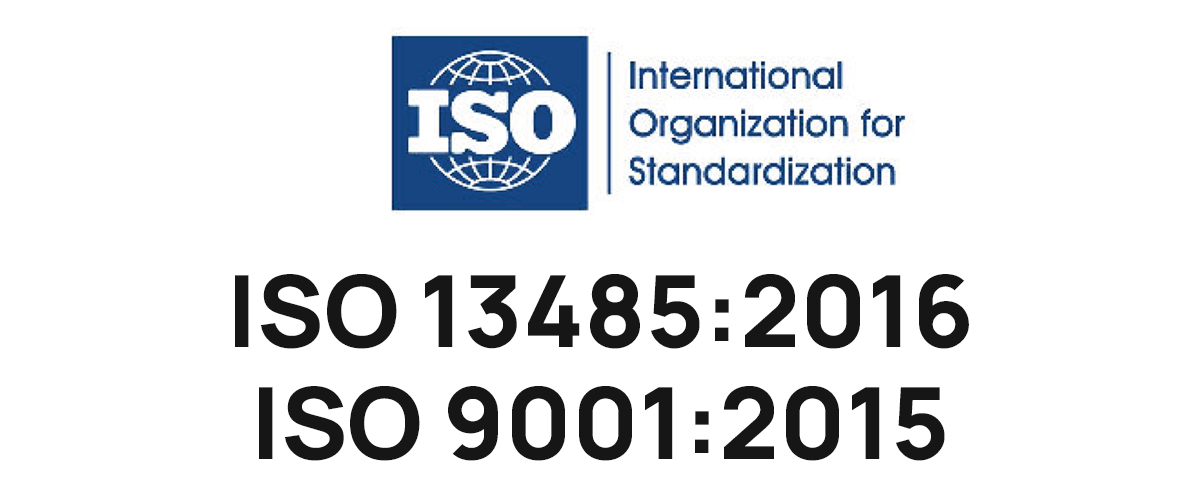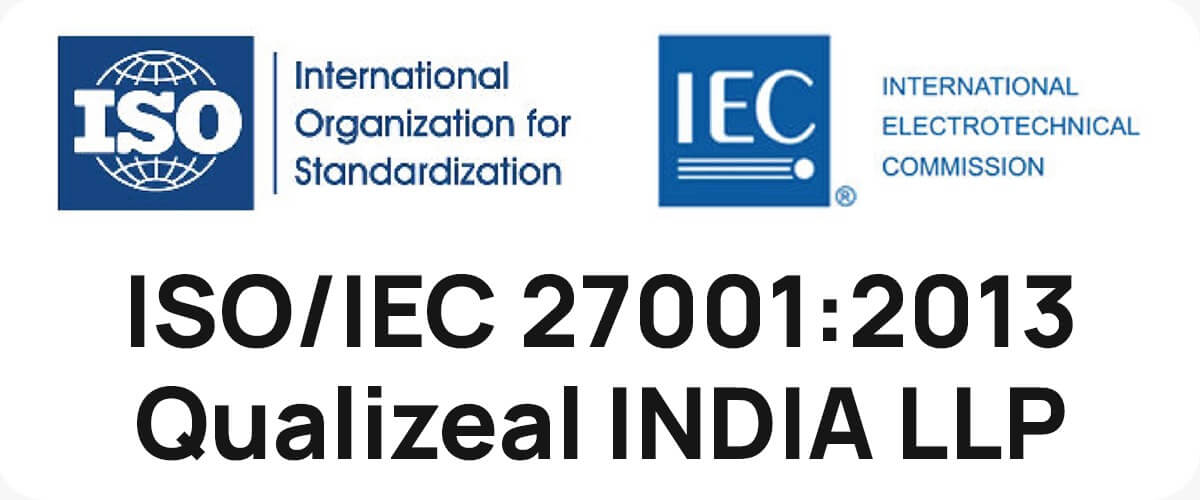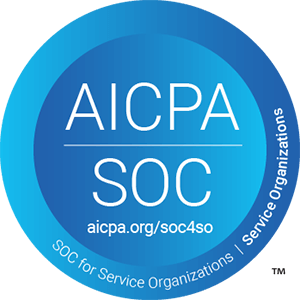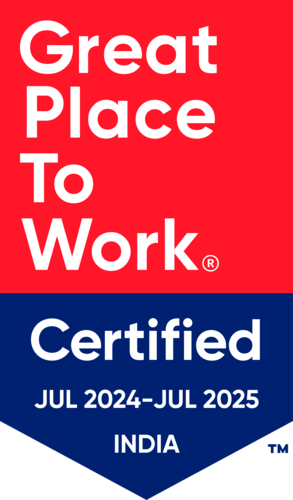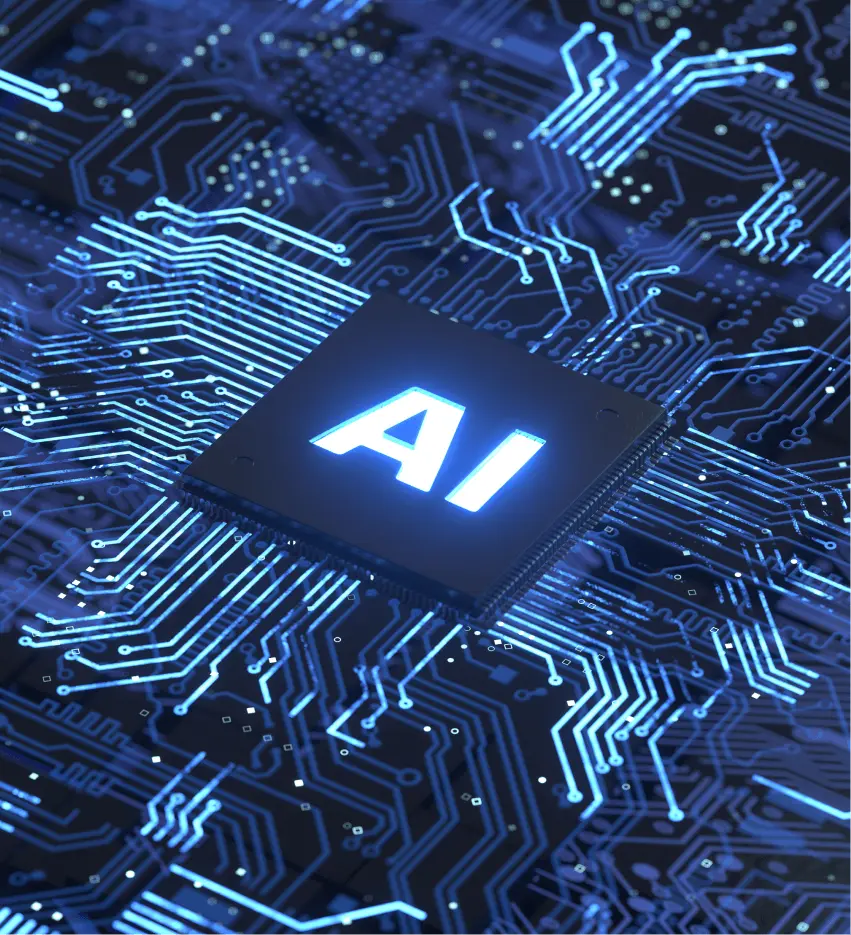Robotic Process Automation (RPA) has emerged as contemporary organizations’ superhero in today’s hyper-competitive business landscape, where efficiency is critical. But what happens when you combine RPA with the revolutionary power of Artificial Intelligence (AI)? You get a game-changing pair that will transform automation as we know it. According to Grand View Research, the global RPA industry is expected to reach $25.56 billion by 2027, with AI-powered RPA fueling innovation and efficiency. In this blog, we look at the dynamic synergy of AI-powered RPA and how it can become the superpower your organization requires for better automation.
The Integration of RPA and AI: A Game-Changer in Automation

Rise of Robotic Process Automation (RPA)
Robotic Process Automation (RPA) has been a game changer for firms looking to simplify operations, eliminate repetitive tasks, and enhance productivity. RPA allows software robots to replicate human actions [GU1] and perform repetitive activities with exceptional efficiency and precision, including data processing and report production.
The Rise of Artificial Intelligence (AI) in Automation
Artificial intelligence (AI) has quickly progressed from a buzzword to a disruptive force across sectors. AI technologies, ranging from predictive analytics to natural language processing, have transformed the way organizations work, allowing for better decision-making and automation of complicated processes. The use of AI into automation systems has opened new opportunities, particularly when integrated with RPA.
Understanding AI-powered RPA
AI-powered RPA combines RPA with sophisticated AI capabilities including machine learning, cognitive computing, and computer vision. Unlike traditional RPA, which operates according to predetermined rules, AI-powered RPA allows software robots to learn from data, adapt to changing settings, and make intelligent decisions on their own. This collaboration between RPA and AI unleashes the full potential of automation, allowing organizations to handle highly variable and unstructured operations more easily.
The Advantages of AI-powered RPA
Adopting AI-powered RPA provides several benefits to enterprises, including:
- Improved efficiency and productivity: AI-powered robots can do difficult jobs quicker and more precisely than human labor, saving substantial time and money.
- Improved decision-making: By evaluating massive amounts of data in real time, AI-powered RPA may deliver useful insights and help strategic decision-making processes.
- Scalability and flexibility: AI-powered RPA systems are extremely scalable and flexible, allowing organizations to automate activities across departments and grow operations as necessary.
AI-enabled RPA can help firms achieve better automation as they traverse the digital era. Businesses can leverage the combined power of RPA and AI to simplify operations, generate innovation, and position themselves for success in an increasingly competitive world. Stay tuned as we explore deeper into the realm of AI-powered RPA, revealing how it may be the superpower your company requires to survive in the age of intelligent automation.

Unlocking the Potential: How AI-Powered RPA Transforms Business Operations
Enhanced Data Processing and Analysis
One of the most significant advantages of AI-powered RPA is its capacity to transform data processing and analysis. Traditional RPA systems are great at automating repetitive processes, but they struggle with unstructured data and making sense of complicated information. AI-powered RPA, which incorporates technologies like natural language processing and machine learning, may extract insights from unstructured data sources such as emails, documents, and social media streams. This allows firms to get useful insights, spot trends, and make data-driven choices at unprecedented speeds and precision.
Adaptive Learning and Continuous Improvement
AI-powered RPA extends beyond simple job automation to include adaptive learning capabilities. Unlike typical RPA bots, which follow predefined rules, AI-powered robots may learn from experience and adjust their behavior in response to changing situations. AI-powered RPA bots can optimize processes, uncover inefficiencies, and recommend improvements proactively by using continuous monitoring and feedback loops. This iterative approach to automation keeps firms adaptable and sensitive to changing market needs, promoting continual innovation and operational excellence.
Intelligent Automation of Complex Processes
Complex processes sometimes include a mix of structured and unstructured operations, making them difficult to automate with classical RPA alone. This difficulty is addressed by AI-powered RPA, which combines rule-based automation with AI’s cognitive capabilities. AI-powered RPA bots may use machine learning algorithms and advanced analytics to intelligently navigate complicated workflows, resolve errors, and make context-aware choices in real time. This allows organizations to easily automate end-to-end operations, from data entry and validation to decision-making and exception management, without requiring human participation.
Empowering Workforce Collaboration
Contrary to common opinion, AI-powered RPA does not replace human workers; rather, it augments existing talents and allows them to focus on higher-value jobs. By automating repetitive and monotonous operations, AI-powered RPA frees up human resources to concentrate on creative problem solving, innovation, and customer engagement. Furthermore, AI-powered RPA bots may operate seamlessly alongside human workers, providing real-time assistance, advice, and suggestions as they work toward common goals. This mutually beneficial interaction between humans and robots promotes a culture of collaboration, efficiency, and continual learning inside the firm.
Case Studies: Unlocking the Potential of AI-powered RPA
To demonstrate the disruptive impact of AI-powered RPA, let’s look at some real-world examples of its success in various sectors. From automating claims processing in insurance organizations to improving supply chain management in manufacturing enterprises, these examples demonstrate how AI-powered RPA can produce actual business benefits such as cost savings, revenue growth, and increased customer satisfaction. Businesses that learn from these success stories can receive significant insights into how to use AI-powered RPA to address operational difficulties and unleash new prospects for development and innovation.

Elevate Your Business with QualiZeal’s AI-powered RPA Solutions
In conclusion, AI-powered RPA represents a paradigm leap in automation, providing organizations with a tremendous tool for increasing efficiency, innovation, and growth. By combining the benefits of Robotic Process Automation (RPA) and Artificial Intelligence (AI), businesses may achieve new levels of efficiency, agility, and intelligence in their operations. From improved data processing and analysis to adaptive learning and intelligent automation of complicated operations, the possibilities for AI-powered RPA are limitless.
At QualiZeal, we recognize the revolutionary potential of AI-powered RPA and are dedicated to assisting organizations in harnessing this power to achieve their strategic goals. With our complete RPA -powered AI services, enterprises can simplify operations, improve workflows, and remain ahead in today’s fast-paced digital market. Whether you want to automate monotonous processes, make better decisions, or improve customer experiences, our team of professionals is ready to help you every step of the way.
Are you ready to tap into the full potential of AI-powered RPA for your business? Contact us at qzinfo@qualizeal.com to learn more about our RPA -powered AI services and how we can help you revolutionize your company processes. Don’t simply automate; innovate with QualiZeal!



